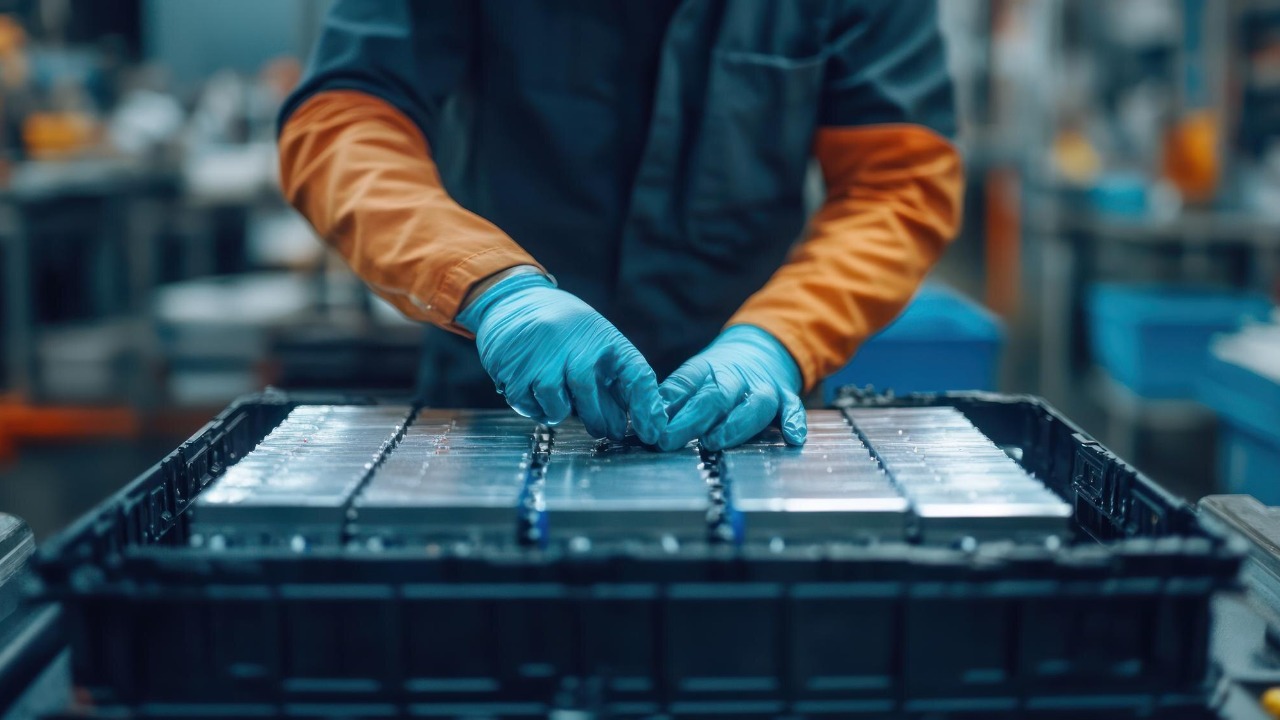
A recent breakthrough by Korean researchers could be a game changer for the electric vehicle (EV) industry. They have developed a new method for lithium-sulfur batteries that delivers high performance, potentially enabling EVs to achieve greater range with improved efficiency. This innovation addresses longstanding limitations in battery technology and could accelerate the adoption of EVs worldwide.
The Promise of Lithium-Sulfur Batteries
Lithium-sulfur batteries have long been touted for their potential to outperform traditional lithium-ion batteries in terms of energy density. This new Korean method appears to unlock this potential, making it particularly suitable for EV applications. The high-performance claim suggests that these batteries could significantly extend the range capabilities of EVs, a critical factor in their market acceptance and adoption. The source provides factual backing for these assertions.
Early testing results and projections from the research indicate that these batteries demonstrate reliability under real-world EV conditions. This is a promising sign, as it suggests that the theoretical advantages of lithium-sulfur batteries can be realized in practical applications.
Innovations in the Korean Method
The new method developed by Korean researchers addresses some of the common issues associated with lithium-sulfur batteries, such as sulfur cathode degradation. By mitigating these problems, the method enables the batteries to achieve sustained high performance. The technical approach, referred to as the “new Korean method” for stabilizing lithium-sulfur reactions, is detailed in the reporting on this advancement.
Material science tweaks play a crucial role in this method, boosting the overall battery efficiency and thereby extending the range of EVs. This is a significant development, as it could make EVs a more viable option for long-distance travel.
Comparing to Existing EV Battery Tech
Compared to current lithium-ion standards, lithium-sulfur batteries could offer superior energy-to-weight ratios. This means that they could provide more range without adding bulk, a key advantage in the context of EVs. The high-performance potential of the new method, as evidenced in the source, suggests that it could outperform existing industry benchmarks in terms of efficiency.
The design of the method also has implications for charging times and cycle life. It is designed to improve upon conventional batteries in these respects, making it a promising alternative for the future of EVs.
Impact on Electric Vehicle Adoption
Batteries offering more range could significantly reduce range anxiety, a key barrier to EV uptake. Following the announcement of this Korean innovation on November 8, 2025, we could see a shift in the market towards greater acceptance and adoption of EVs. The high-performance lithium-sulfur design also has broader environmental benefits, such as reducing reliance on rare materials.
Furthermore, the integration of this technology into future EV models could lead to cost reductions for manufacturers. This, in turn, could make EVs more affordable for consumers, further driving their adoption.
Challenges in Scaling the Breakthrough
While the new Korean method holds great promise, there are challenges to be overcome in scaling the breakthrough. These include issues related to production scalability and material sourcing specific to lithium-sulfur batteries. However, the source provides insights on how the method addresses these challenges, including volatility risks.
Next steps for commercialization include pilot testing, with timelines following the 2025 reporting. These tests will be crucial in determining the feasibility of large-scale production and implementation of the new method.
Future Outlook for Battery Research
This Korean advancement could inspire global research and development efforts, building on the high-performance lithium-sulfur foundation for next-generation EVs. There are also opportunities for collaboration, such as partnerships with international automakers, to leverage the method’s range-extending efficiency.
Looking ahead, the breakthrough reported on November 8, 2025, could pave the way for sustainable energy storage solutions. With its potential for high performance and efficiency, the new Korean method for lithium-sulfur batteries could play a pivotal role in the future of EVs and renewable energy.
More from MorningOverview